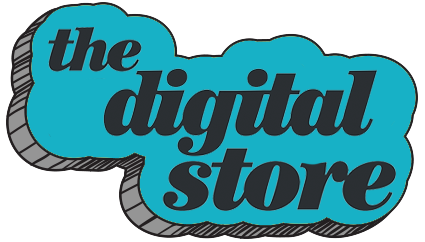Most marketers who consider Facebook a valuable platform are feeling baffled with the series of changes that the social media giant has brought in recently, making them reevaluate its importance. For starters, Facebook has placed limits on access by third-party applications. The new apps that use “Facebook Login” (via Facebook Login API), will no longer have permission to publish posts for Facebook. As for all existing apps, this permission will be revoked on August 1, 2018.

Facebook has also cut off access to third-party data for ad targeting by closing a feature called “Partner Categories.” This feature was launched in 2013 through a partnership between Facebook and major data brokers such as Epsilon, Acxiom, BlueKai, and Datalogix. Furthermore, the company is bringing in a new custom audience certification tool that requires marketers to guarantee that email addresses used for ad targeting are obtained with permission.
These measures have come in the wake of criticism that Facebook faced for allowing Cambridge Analytica (a political consulting firm that helped U.S. President Donald Trump with his presidential campaign in 2016) to exploit the data of up to 87 million of its users thanks to a loophole. The firm not only collected information from those who used its app (built on Facebook) but from all their friends too, without their knowledge or consent.
Facebook’s Head of News Feed, Adam Mosseri, shared more details. When users log on to Facebook, there are around 1,500 stories competing to appear on their News Feed, and Facebook selects 300 of those stories based on relevance. This makes it harder for brands to appear on their follower’s timeline organically. In fact, the organic reach of Facebook Pages has been falling over the years.
Is Facebook still relevant for marketers?
These changes make Facebook a safer place for individuals, but do they render the platform inhospitable for businesses?
As of March 2018, Facebook had more than 1.45 billion daily active users. There is no doubt that it remains a crucial channel for businesses to connect with their prospects. Marketers will just have to adapt to the new reality.
The good news is that Zuckerberg and Mosseri said nothing about Facebook ads, which are still one of the most effective forms of advertising, if done right. In fact, ad prices have already gone up because of the decline in organic reach.
Facebook is also going to open up its messaging platform for marketers. At the recent annual F8 Developers Conference, David Marcus, Facebook’s VP of messaging products, announced: “As far as advertising is concerned, we’re definitely getting WhatsApp more open.” He added, “We’re now going to have the ability to enable larger companies, not only small businesses, to integrate a new API to send and receive messages with people on the WhatsApp platform.”
In a recent note, Barclays Capital estimated that Facebook is set to earn an incremental revenue of at least $11 billion from Messenger and WhatsApp by 2020.

There will be new revenue options for businesses too. For example, Facebook is already working with KLM airlines to enable customers to get their boarding pass via WhatsApp.
While Facebook is opening up other avenues for businesses, here are five ways in which marketers can drive engagement:
1. Publish original content
Content that is relevant, creates an emotional connection, piques curiosity, or drives a debate that will work well with the Facebook audience. Content that people engage with will most likely still get ranked over regular broadcasts.
2. Enable your existing customers to evangelize your products and services
Build programs that drive word-of-mouth marketing. Start by asking your customers to follow your page!
3. Create GIFs and videos
Add subtitles and captions — yes, most people watch videos on mute. Facebook’s News Feed algorithms are known to prioritize video content. Producing videos (including live videos) can help your brand stay relevant among your followers.
4. Work with micro-influencers
Tools like BuzzSumo help you find influencers in your niche. A positive testimonial goes a long way in bringing new prospects.
5. Avoid engagement bait like the plague
Facebook doesn’t want brands to trick users into commenting, liking, tagging, voting, or sharing posts. Stay away from these methods, because they may get your posts demoted.
There are a lot of changes happening in the world of Facebook marketing, but the bottom line is that businesses shouldn’t give up on it. New restrictions on ad targeting and engagement baiting will force marketers to be careful with how they use Facebook, but the new WhatsApp advertising opportunities should offer a lot of new scope for creativity. Businesses that know how to create authentic and appealing original content, and use affiliates/influencers to boost their branch reach are poised to make the most of what Facebook marketing has to offer.
Ref: www.clickz.com


